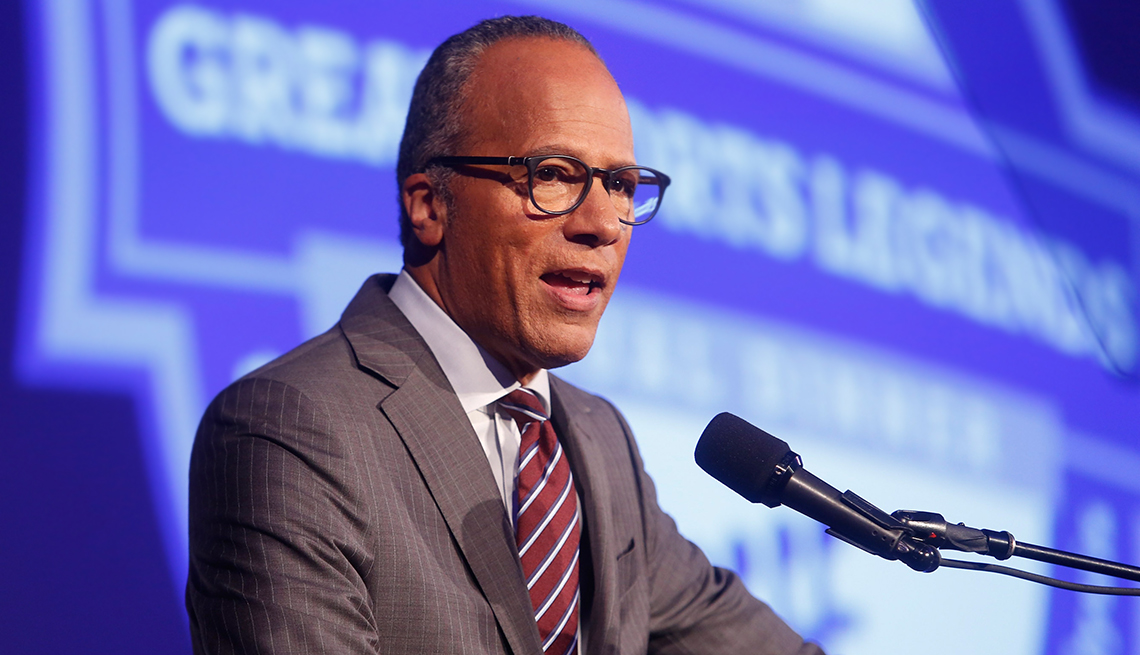Our Only Chance to Get Answers on Social Security
AARP members urged debate topics to include this vital issue
At an election focus group last week, undecided voters were asked to describe the candidates in one word. Most of them weren’t nice. With all the insults the candidates are hurling back and forth, I’m not surprised voters are sick of it all.
But I was surprised by their strong interest and discussion about Social Security and how frustrated they were with the lack of details from the candidates about how to keep it strong. While they didn’t agree on the solutions, this group was ready and willing to talk about them.
Regardless of party affiliation, the most unifying principle in the room was “the longer our leaders wait to act on Social Security, the more challenging it becomes.”
The three presidential debates may be our only chance to find out if the candidates can lead on Social Security and give us real answers about how they’ll keep it strong. And it’s all in the hands of the moderators.
That’s why AARP members sent NBC’s Lester Holt more than 100,000 emails urging him to ask a question about Social Security during the debate. Now that we know the debate topics, we encourage him to think about Social Security under the topic “Achieving Prosperity.” Here’s why:
- The program contributes $1.6 trillion per year to the U.S. economy.
- A greater share of seniors’ income goes directly into the economy, which puts money in the hands of businesses.
- It is the main source of income for nearly half of its recipients; and for almost 1 in 4, it provides 90 percent or more of their income.
- If our nation’s leaders don’t act, future retirees could lose up to 25 percent of their promised benefits. That could mean as much as $10,000 a year.
For all these reasons, Social Security’s future is relevant to any debate on our nation’s prosperity.
More important, it is relevant to the 60 million Americans who count on it today and the 170 million Americans who are paying in now and want to be sure it is there for them in the future. Said one focus group participant: “I want to hear a plan, what they’re going to do, not some generalizations.”
I hope the debate moderators listen to these undecided voters because so far, they don’t seem to get it. This issue that no one in the media is paying attention to could win this important group over and could have a major impact on the election.
During the primary season, Social Security drew a measly 1 percent of debate questions! (Specifically, Social Security got 0.8 percent of questions in the Republican debates, and 1.2 percent of questions in the Democratic debates, according to an analysis by the Winston Group.)
Now, as the general election draws closer, it’s time for this issue to get the attention it requires. And the debates are a great opportunity to make this happen.
The candidates need to lead on Social Security and give us real answers about how they’ll keep it strong for future generations. Doing nothing is not an option.
The media have a responsibility to ask tough questions and demand answers.
Take A Stand will keep on pushing them to do just that.
Add your voice!

